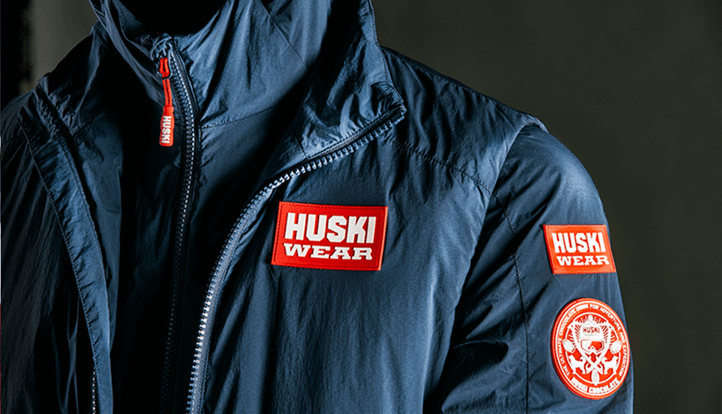Digital commerce continues to reach new heights, demanding that consumers and companies alike incorporate a sustainable approach. “E-commerce is often unfairly criticized for being unsustainable, but digital commerce and the digital transformation also mean opportunities,” says Malin Bodolla Chief Marketing Officer at Litium.
Better customer experiences drive conscious consumerism
Many of the clients that use Litium’s platform for their digital commerce needs are major market players and work actively with sustainability issues. How do you reconcile profitability and sustainability in digital commerce? Conscious online consumers are less likely to make returns, which are especially common in the clothing industry.
- It is extremely important that you have good product information that makes it easier for the customer to make the right choice the first time and to get a real feel for what the product looks like before finalizing the purchase. A big part of this is having quality images and videos as well as informative product information. “Many of today’s consumers are conscious consumers, and they also seek out information about all parts of the production chain, which may include everything from country of origin, labels and reviews from other customers, etc.,” says Malin Bodolla. Litium offers what is known as a PIM system, which helps companies structure and enrich their products, streamlining processes and generating uniform product information in all channels.
Efficient logistics and production
The management of packaging and logistics is an integral part of sustainability in the e-commerce world. Nordicfeel is a company that uses Litium’s platform and constantly strives to make its transports more efficient.
- “It started with an effort to reduce the package size to minimize air, which takes up unnecessary space . Big boxes with a lot of air create more transports, which means that fewer deliveries will end up in the mailbox and the customer will then have to go to the pick-up point,” explains Marcus Johansson COO/Vice President Nordicfeel. “In order to push our sustainability work forward internally and make it easier to communicate this to our customers, we have created our own ‘brand,’ which we call ‘NO AIR e-commerce,’ which means that we have changed all filler material from plastic to paper and that all boxes have the FSC label and are recyclable.
Huski Wear is a brand new digital brand that has chosen to work with Litium. They are very committed to fighting climate change and are, for example, one of the few brands in the world that is jointly owned by a factory.
- “Having a factory as a partner means shorter lead times, which in turn minimizes overproduction. Materials don’t have to be shipped between different manufacturers across the world, which lowers climate emissions because we establish our production at a single point in Asia. In addition to working smart, everything from material selection to minimized overproduction, we will also climate compensate with our CarbonZERO Product, a new company that will be launched in the spring. Over the long term, we want to become the world’s first climate-neutral brand,” says Magnus Liljeblad, CEO of Huski Wear.
Are you interested to know more about PIM? Download our PIM-guide. Here you find it for B2B and B2C. Or contant us directly on curious@litium.com.
